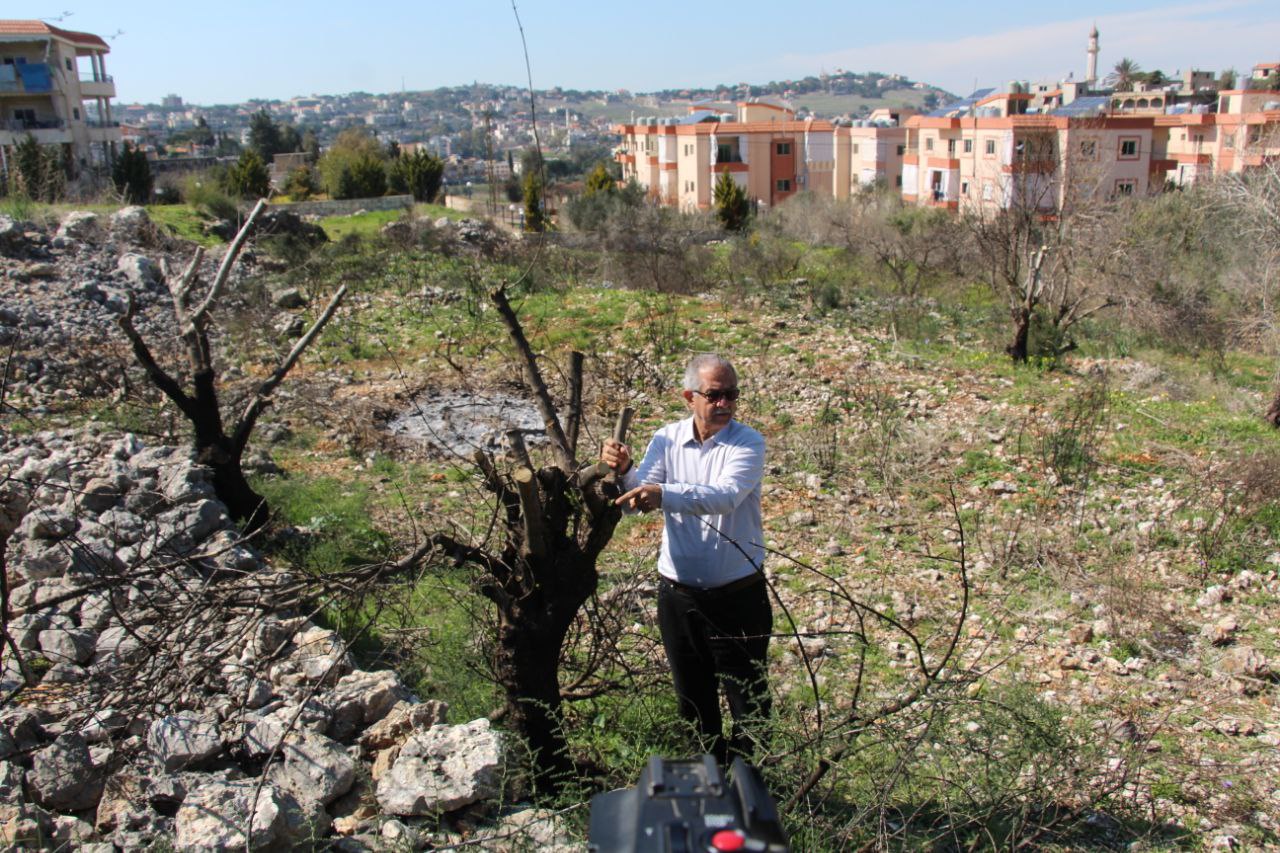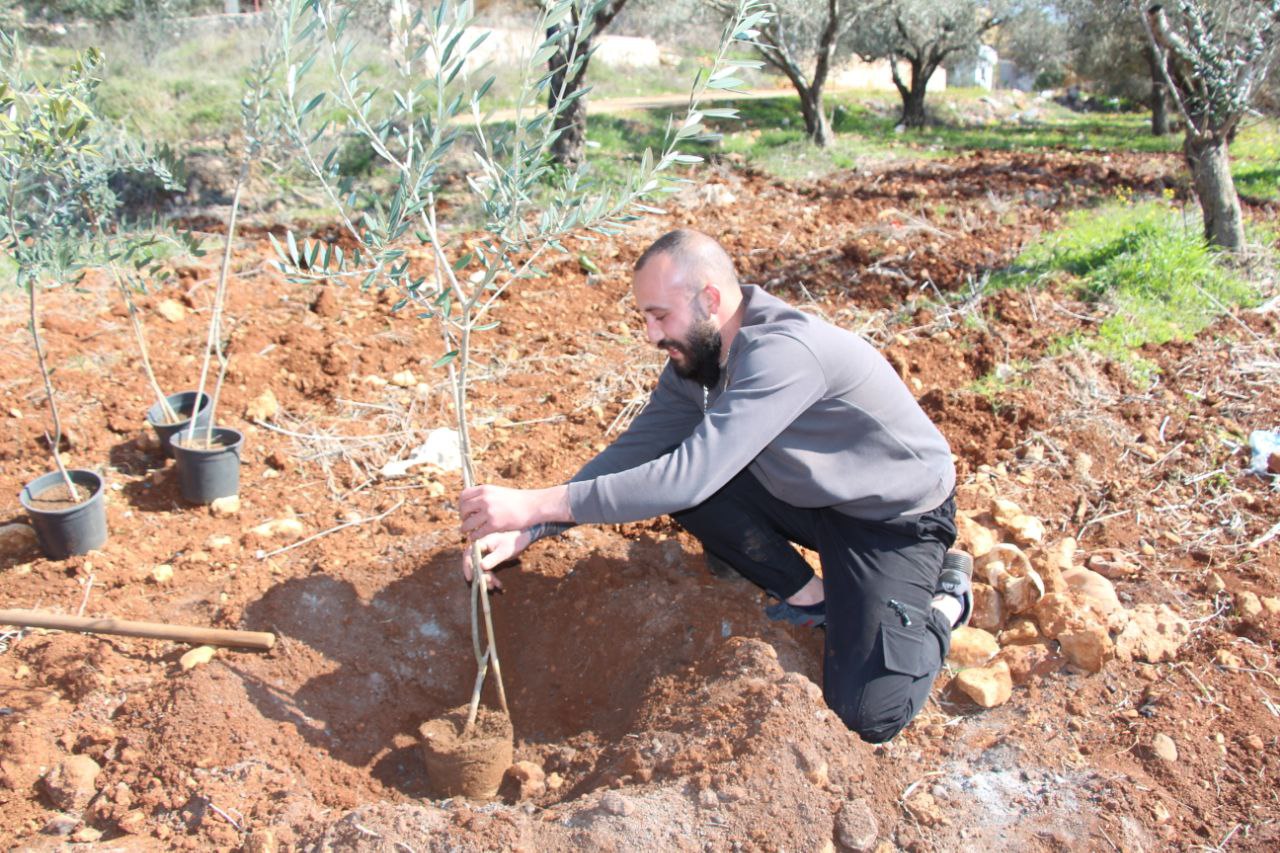United for Lebanon's Olives
Impact of War on Olive Cultivation
Lebanon has experienced a severe environmental and agricultural crisis as a result of systematic Israeli attacks, which have specifically targeted agricultural lands and olive trees. Since October 2023, these aggressions have led to economic losses, including the burning of thousands of dunums of farmland due to Israeli bombings, including the use of internationally banned white phosphorus, and the displacement of large numbers of farmers.
Olive trees in particular have been affected as follows:
-
The burning of no less than 8,000 dunums of olive groves.
-
Losses estimated at no less than $236 million, due to the disruption of the olive harvest and the destruction of olive fields, especially in the south.
-
The destruction, uprooting, and burning of thousands of olive trees.
-
The devastation of olive farms in southern and eastern Lebanon, especially in Nabatieh Governorate, where olives and olive oil account for 30% of its production.
-
An assault on Lebanon’s cultural identity through the theft and bulldozing of some of its oldest olive trees, with an average estimated age of 150 years.

In this context, the Arab Group for the Protection of Nature launched the "United for Lebanon's Olives" project to support affected farmers and revive agriculture in the impacted areas through collective action under the slogan "Revive Lebanon’s Farmland".
Project Objectives:
-
Replant the 8,000 dunums of olive farms that were destroyed in Lebanon.
-
Protect the agricultural heritage and cultural identity tied to olive trees.
-
Contribute to strengthening food sovereignty in Lebanon.
-
Enhance partnerships with academic institutions, civil society organizations, and local and international actors—including municipalities, private companies, NGOs, and Lebanese expatriates—to ensure the project’s sustainability.
-
Promote the concept of collective Arab, Islamic, and humanitarian action.
Target Group:
-
Small farmers affected by the Israeli aggression.
-
Rural communities that rely on agriculture as their main source of income.







